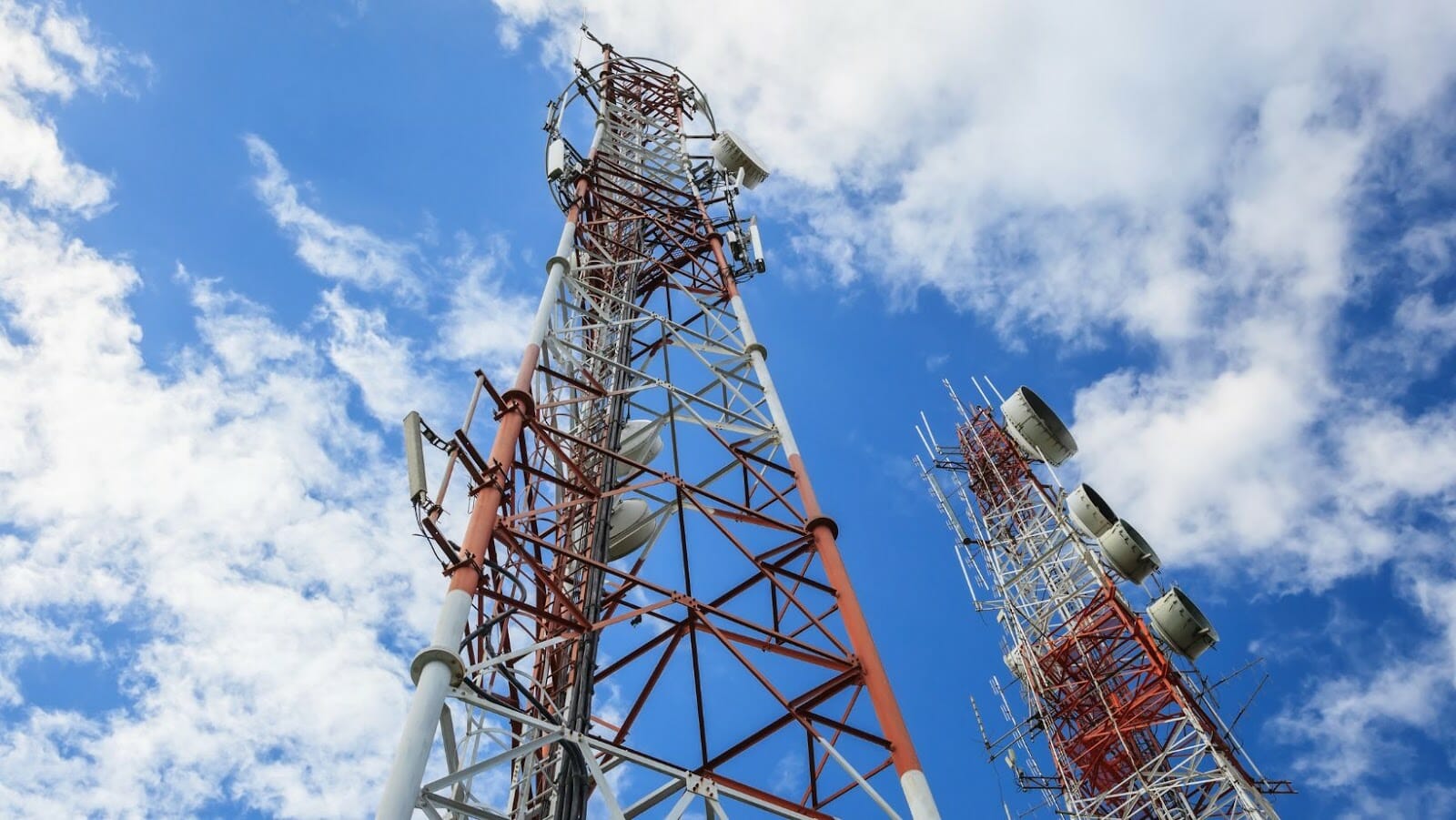
A report from Forbes recently accused the Indian government of using American technology to spy on government and telecom entities in China and Pakistan.
This report signals the increasing cyber-espionage activities between global powers. This article will provide an in-depth understanding of the implications of this report and the potential consequences of such activities.
Summary of the Forbes Report
The Forbes report claimed that India used US-made surveillance equipment to spy on not just its citizens and militaries, but also on countries its political rivals, like China and Pakistan. According to the report, India allegedly used this technology to access information from key military telecommunications systems in both countries. It also claimed that Indian intelligence agencies accessed long-distance encrypted communication links between Chinese embassies located in Nepal and Bhutan, countries it borders with shortly before the Himalayan border tensions arose between India and China over a disputed land plot in June 2020.
The report suggests that India used the collected data for years to gain a competitive advantage for its defence operations. Reportedly, the used American surveillance equipment included American-made devices found on aircrafts owned by Indian public officials and purchased by Indian military firms such as Tata Motors along with hardware bought explicitly for intelligence gathering purposes from U.S.-based firms Telular Corporation, TRU Corp and Radiance Technologies Inc., according to US government purchasing records obtained by Forbes.

Forbes Report Accuses India Of Using American Technology To Spy On Government And Telecom Entities In China, Pakistan
A recent Forbes report has accused India of using American technology to spy on government and telecom entities in China and Pakistan. This report implies that India may have used sophisticated US technology to monitor the communication of both countries’ entities, without their knowledge. The report has caused a stir within the international community, and has raised many questions surrounding the ethical implications of espionage.
This article will explore the Forbes report, its implications, and the responses it has garnered.
Use of Pegasus Spyware
In 2020, India was accused of using Israeli-developed Pegasus spyware to track the activities of Chinese and Pakistani officials and citizens. This particular software is used to access messaging apps like WhatsApp. It enables governments to access a person’s emails, text messages, and other personal data without their knowledge or consent.
Pegasus was developed by Israeli-based NSO Group and is believed to be used in several countries worldwide, including India. It exploits Android and Apple iOS software vulnerabilities to install itself on a targeted device and steal data. Additionally, it can record audio, take photos and videos, and capture location data.
The Indian government has denied using Pegasus spyware for spying on China or Pakistan. Still, it has not ruled out the possibility that an individual may have used the software for such purposes. However, it has emphasised its commitment to respecting people’s privacy worldwide.
Use of AWS and Microsoft Azure Cloud Services
Amazon Web Services (AWS) and Microsoft Azure are two of the most popular cloud platforms in the world. However, they are now at the centre of allegations that India used them to launch surveillance activities against China and Pakistan.
In October 2020, news reports stated that India had used AWS and Azure cloud services in a covert operation code-named “Project Aces”, which involved setting up servers for running malicious software. The servers would target networks in China and Pakistan, allowing Indian intelligence agencies to spy on those countries.
The AWS platform was reportedly used by India for its cyber-espionage activities as early as December 2016. Between January 2017 to October 2018, a total of 337 instances were launched on the AWS platform—61 from February 2017 to March 2018 alone. Of these 61 instances, 27 are believed to have originated from Project Aces. The infrastructure was sold off between June 2018 and July 2019 while Microsoft Azure’s infrastructure was launched between May 2019 and August 2019 with more than 47 instances created over this period.
AWS accounts belonging to Project Aces were registered under a US-based domain provider called GoDaddy Inc.. In contrast, Microsoft Azure accounts were registered using an email address traced back to Target Information Solutions Pvt Ltd., based out of Kolkata, West Bengal in India. AWS and Microsoft apologised for what had happened but maintained that their systems had not been compromised or abused at any point during the activity conducted by Indian intelligence agencies.

Alleged Targets of Indian Surveillance
According to a report from Forbes, India is allegedly using American technology to spy on government and telecom entities in China and Pakistan. Additionally, the report states that India allegedly used this technology to track target individuals, companies and organisations in both countries.
This news has raised alarm among some political circles, drawing attention to the potential misuse of this technology.
Government and Telecom Entities in China
The Indian government allegedly used US-made technology to spy on several government and telecommunications entities in China, according to news reports. This includes the Chinese Ministry of Public Security, China Mobile, China Telecom, China Unicom and the Embassy of Pakistan in Beijing.
It is believed that Indian intelligence agents used powerful mobile devices such as Apple’s iPhone 7 and Google Pixel 3a XL smartphones to conduct surveillance activities. The phones are said to have been configured with Pegasus spyware developed by Israeli company NSO Group that allowed remote access and control over phone data, such as calls, messages and location information.
It is unclear what data was extracted through these suspected operations but the privacy breach is certainly concerning if true. In response to the reports, Apple has stated that they are looking into it while Google said they are “strongly committed” to protecting users’ data and privacy. However, if these allegations prove to be true it remains to be seen what ramifications India would face or if they will take responsibility for their actions.
Government and Telecom Entities in Pakistan
India’s alleged use of US technology to spy on Chinese and Pakistani government and telecom entities has recently been reported by the New York Times. According to a report in the New York Times, India has set up a sophisticated remote-monitoring system capable of intercepting communications from computer networks belonging to China and Pakistan.
The government entities reportedly targeted are mostly in Islamabad, the capital of Pakistan. These include foreign affairs, defence and interior affairs ministries, as well as intelligence agencies such as the ISI (Inter-Services Intelligence) and MI (Military Intelligence). Additionally, several major Pakistani telecommunication companies have been identified as targets of these espionage operations. These include PTCL (Pakistan Telecommunication Corporation Limited), Ufone (formerly Paktel Communications Limited), Warid Telecom International Pakistan Limited, Mobilink GSM (Pakistan Mobile Communication Limited), Zong Mobile Services (China Mobile Pakistan) and Telenor Pakistan GSM (Unicom).
These operations are claimed to be conducted by India’s National Technical Research Organisation (NTRO) through some US companies involved in providing technology for monitoring communication networks. The NTRO is an agency established under Manmohan Singh’s government in 2005, focusing on researching cyber security technologies. It was later upgraded to paramilitary capabilities under Prime Minister Narendra Modi’s government in 2014. Reports indicate that this spying was mainly conducted through Quantum Insert technology which exploits a vulnerability in older versions of Internet Explorer used by these entities for accessing emails on Outlook platform.
Impact of the Allegations
In a recently released Forbes Report, India has come under allegations of improperly using US-origin IT solutions to gather information on government entities and telecom networks in China and Pakistan. This claim has caused a stir in the international community as questions arise about India’s use of US technology for surveillance.
This article examines the impact of these allegations and what it might mean for the future.
Possible Violation of US Export Laws
The allegations that India has used US-made technology to spy on their neighbours, China and Pakistan, is a serious breach of trust between the two countries. Not only does this potentially violate India’s international obligations, it could also land them in hot water with the US government. In addition, while allegations are yet to be confirmed, there are indications that India may have broken US export laws which regulate the sale and export of products with a military or sensitive nature.
To ensure compliance with US export laws, companies must obtain licences for any products they plan to trade outside US borders. It is also illegal for companies to transfer technology made in the United States directly or indirectly to hostile nations or their surrogates without prior approvals. In addition, companies must report any suspicious transactions involving sensitive technology such as those allegedly made by Indian companies in this case. If found guilty of breaking these laws, India could face stiff penalties including civil and criminal fines and being barred from further procurement from American firms.
Given the seriousness of these accusations and potential ramifications for violations of US Export Laws, an impartial investigation must be conducted as soon as possible. Furthermore, any violations uncovered should be addressed swiftly through corrective action plans where required. By doing so, both countries can restore trust between them once again and maintain cordial trade relations moving forward.

Impact on US-India Relations
Allegations that India has used US-supplied scanning equipment to spy on neighbouring countries have caused tensions between the United States and India. The US has expressed concern over India’s reported espionage activities, which could damage the relationship between the two countries.
The US Senate Foreign Relations Committee conducted hearings into the allegations of India spying on its neighbour. In their testimonies, witnesses mentioned how Indian authorities allegedly obtained software which allowed them access to data collected by American satellite and intelligence programs. However, they added that this had been done without permission from the US government, raising questions over whether such technology was appropriate.
The controversy worsened when reports indicated that India had allegedly shared some of this data with Pakistan and China, two countries with whom it has traditionally been at odds. Such behaviour would be an egregious violation of international norms and potentially impair trust between India and its partners in North America and Europe.
Following these developments, various high-level officials from the United States and India have released statements condemning any unauthorised use of searching capabilities for political or military purposes, with some advocating for potential justice proceedings against those responsible for illegally utilising American scanning technology for espionage. Meanwhile, other nations have also started voicing their disapproval regarding any illegal activities by governments worldwide aimed at foreign intelligence gathering without authorisation or oversight from nations and international organisations like United Nations Security Council (UNSC).
Consequently, several proposals to increase security protocols governing the access to private and sensitive information by various countries have been discussed in recent weeks by many global parties in an attempt to prevent similar incidents from happening in future. However, all these measures will require bilateral cooperation between multiple international stakeholders which may prove difficult amidst rising geopolitical tensions exacerbated by such allegations against India’s alleged misuse of American technology.



